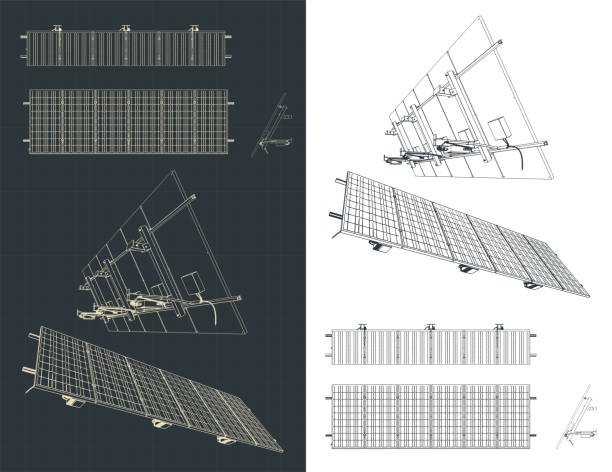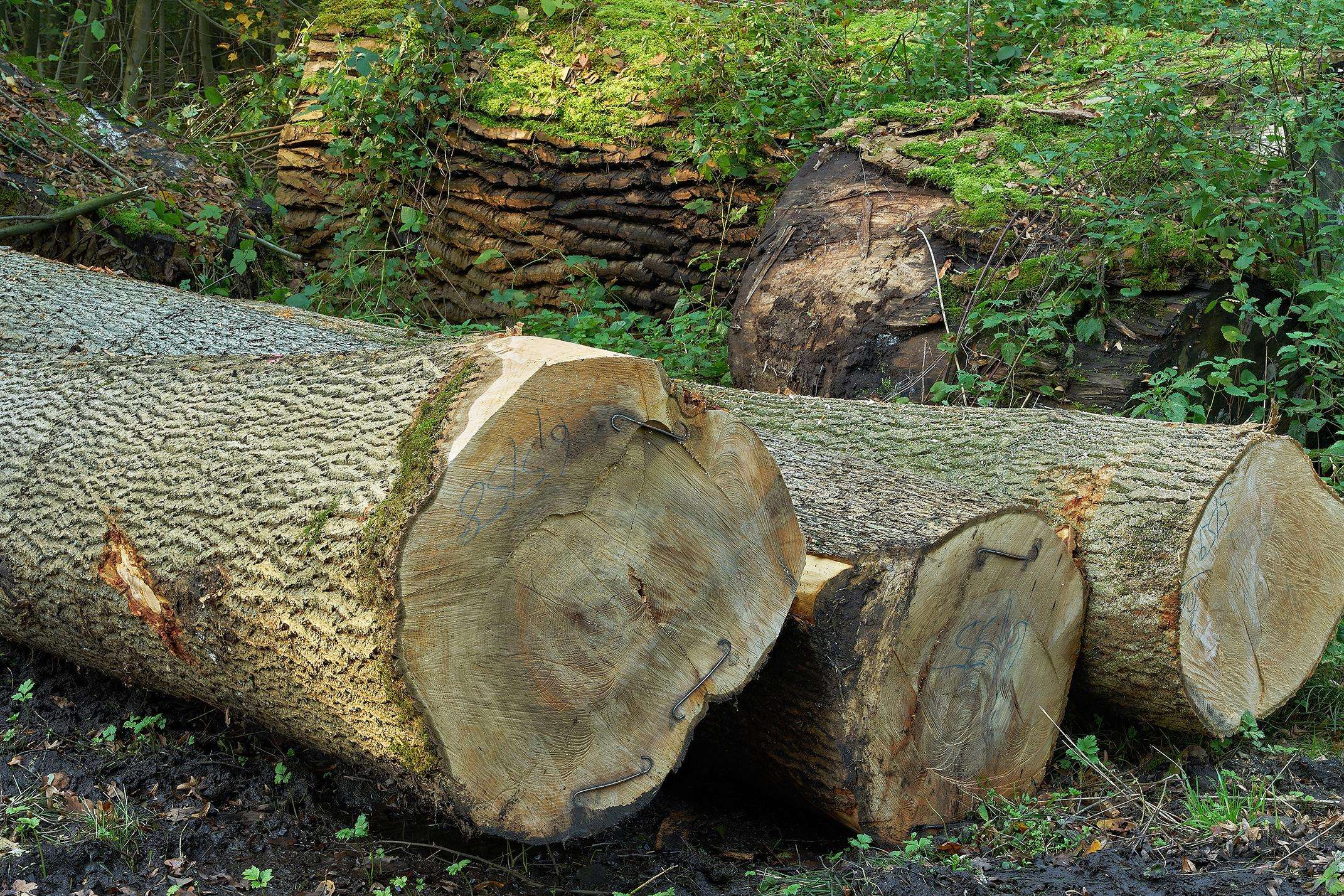On December 2, 2022, the Department of Commerce (“DOC”) issued affirmative preliminary determinations in antidumping duty (“ADD”) and countervailing duty (“CVD”) circumvention inquiries on solar cells and modules imported from Cambodia, Malaysia, Thailand and Vietnam (“C/M/T/V”). These decisions cover cells and modules made in C/M/T/V incorporating Chinese-made wafers and other Chinese-made “major components” (“Circumventing Products”). In the past several years, well over 50% of solar cell/module imports into the United States have consisted of Circumventing Products.
This decision, however, does not have a direct, immediate impact on ADD/CVD liability. On June 6, 2022, the President authorized Commerce to create a 24-month moratorium on requiring ADD/CVD cash deposits and ultimately assessing ADD/CVD on Circumventing Products. Circumventing Products may be entered free of ADD liability – both upon entry or upon liquidation – during the two-year safe harbor period (“Moratorium Period”).
During the Moratorium Period, all Circumventing Products can enter the United States free of ADD/CVD provided the importer and exporter certify that specific entries meet the regulatory definition of “Applicable Entries.” The importer certification must be completed, signed, and dated by the time the entry summary is filed for the relevant entry. The importer, or the importer’s agent, must submit both the importer’s and the exporter’s certification to CBP as part of the entry process. Applicable entry claims are subject to verification by the DOC and/or CBP.
In addition, both during and after the Moratorium Period, importers from C/M/T/V can avoid ADD/CVD liability by submitting exporter and importer certifications, attesting to the fact that their imports consist of:
- Cells or Panels with wafers produced outside of China (even if polysilicon is sourced in China)
OR
- Panels with wafers produced in China when no more than two of the following components are produced in China: (1) silver paste; (2) aluminum frames (3) glass; (4) backsheets; (5) ethylene vinyl acetate sheets; and (6) junction boxes.
With the exception of cells/modules produced by a limited number of specified companies, all C/M/T/V exporters/ importers are allowed to submit these certifications, where the solar cells/panels meet these criteria.
A final certification exemption applies to exports from four companies whom the DOC determined were not circumventing the ADD/CVD Orders:
- Boviet Solar Technology Co., Ltd. (Vietnam)
- Hanwha Q CELLS Malaysia Sdn. Bhd. (Malaysia)
- Jinko Solar Technology Sdn. Bhd./Jinko Solar (Malaysia) Sdn. Bhd. (Malaysia)
- New East Solar (Cambodia) Co., Ltd. (Cambodia)
Commerce’s Notice advises that certifications for shipments entered from April 1, 2022 through 14 days after publication of the Preliminary Determination should be completed and signed no later than 45 days after publication. For shipments entered more than 14 days after publication, signed certifications by the importer and exporter must accompany the entry.
Commerce’s Notice also advises that if Certifications are not submitted, importers are required to declare these entries as subject to ADD/CVD with accompanying cash deposits.
The DOC’s decision is complex and will result in additional, extensive scrutiny by CBP of solar cell and panel imports. This scrutiny for ADD/CVD liability is in addition to the scrutiny that solar imports are receiving under UFLPA (for alleged production with forced labor). UFLPA requirements are not affected by the DOC’s ADD/CVD decision.
We suggest that companies who have imported solar cells/ panels from C/M/T/V since April 1, 2022, or who are in the solar cell/ panel supply chain, contact GDLSK to further discuss solar issues.





